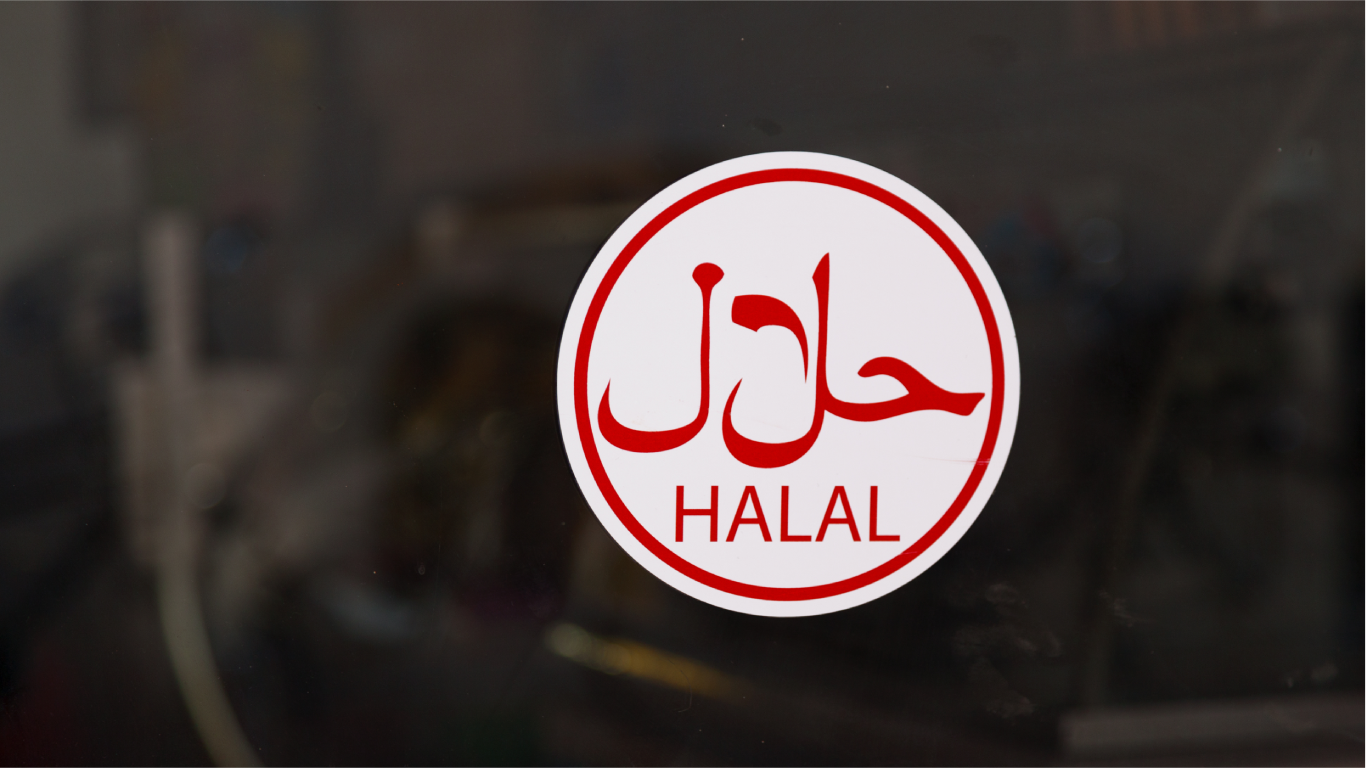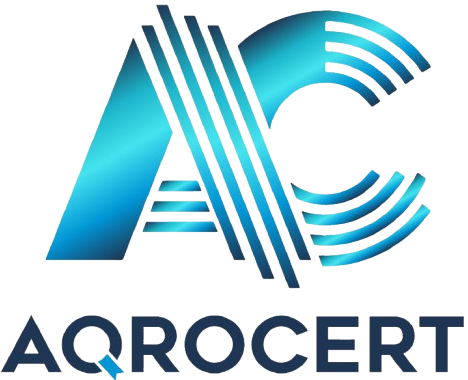Halal Certification
Halal Certification
Halal certification verifies that all stages of production and supply—from raw material to consumption—are carried out in accordance with Islamic principles. Aqrocert conducts impartial audits based on OIC/SMIIC 1:2019 – General Requirements for Halal Food, integrating Halalen Tayyiben, hygiene, ISO and HACCP practices.
What is Halal Food Certification?
Standard & Scope
Certification covers raw materials, process control, prevention of cross-contamination, storage, packaging, labeling and distribution. Compliance is verified against OIC/SMIIC 1:2019 requirements.
Who Needs It?
Food and beverage producers, slaughterhouses, ingredient suppliers, logistics, retail/HoReCa, cosmetics and selected non-food sectors require Halal certification to access Muslim markets or meet customer/tender conditions.
Benefits of Halal Certification
Trust and confidence. Verified compliance strengthens confidence between producers and consumers across every stage of the supply chain.
Better systems and products. Halal requirements encourage cleaner processes, tighter controls and ongoing improvement in day-to-day operations.
Market alignment. Clear insight into sector expectations helps align offerings with customer and tender requirements in local and export markets.
Higher competitiveness. Rising demand for “Halal Certified Products” translates into greater access to opportunities and improved bid success.
Export enablement. Certification facilitates access to Muslim-majority markets and helps avoid disputes in international trade.
Customer satisfaction. Consistent, documented conformity boosts reputation and recognition across the global Islamic market.
Hygiene and cleanliness. Hygiene, HACCP and Halalen Tayyiben principles embed safe, wholesome production practices.
Benefits of Halal Certification
- Builds trust between producer and consumer.
- Encourages system and product improvements while supporting safe and clean production practices.
- Provides insight into market expectations and sector dynamics.
- Rising demand for “Halal Certified Products” increases competitiveness.
- Facilitates exports to Muslim-majority countries and prevents trade disputes.
- Enhances customer satisfaction and boosts recognition across the global Islamic market.
- Meets expectations for hygiene and cleanliness.

How Does the Process Work?
Application & Scope
Facilities, products, processes and target markets are defined; audit plan is confirmed.
Document Review
Ingredient lists, supplier approvals, flowcharts, HACCP, cleaning procedures and label drafts are examined.
On-Site Audit
Production, storage, traceability and contamination controls are verified on site in line with OIC/SMIIC 1:2019.
Decision & Certificate
Nonconformities are closed; successful organisations receive a Halal certificate with defined scope.
Surveillance
Periodic audits confirm continuity, evaluate changes and verify records.
Renewal
At the end of the cycle, certification is renewed to maintain market access without interruption.
General Documentation Requirements
- Raw material/product specifications and supplier approvals (animal origin declarations if relevant)
- Process flows, cleaning/separation procedures, allergen and contamination controls
- HACCP plan, monitoring records, training and hygiene programs
- Packaging/label drafts and claims, traceability & recall procedures
Frequently Asked Questions
Does Halal mean “healthy”?
Halal refers to compliance with Islamic rules. The Halalen Tayyiben principle combines permissibility with clean, safe and wholesome requirements; hygiene and HACCP are therefore essential.
Is ISO/HACCP mandatory?
ISO certification itself is not mandatory; however, hygiene and HACCP-based control plans must be defined and implemented, and are reviewed during the audit.
How long does the process take?
Depending on scope and readiness, the typical timeframe from application to decision is 4–12 weeks, including corrective actions if needed.
Which standard do you use?
We certify according to OIC/SMIIC 1:2019 – General Requirements for Halal Food and relevant sector guidelines; national regulations of target markets are also taken into account.
Get in Touch With Our Team
Have questions about certification or our services? Contact us today and we’ll respond quickly.
Contact Us →